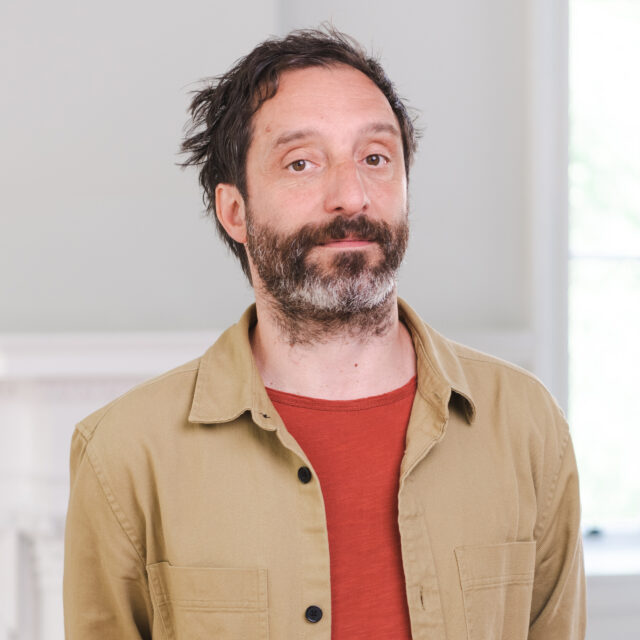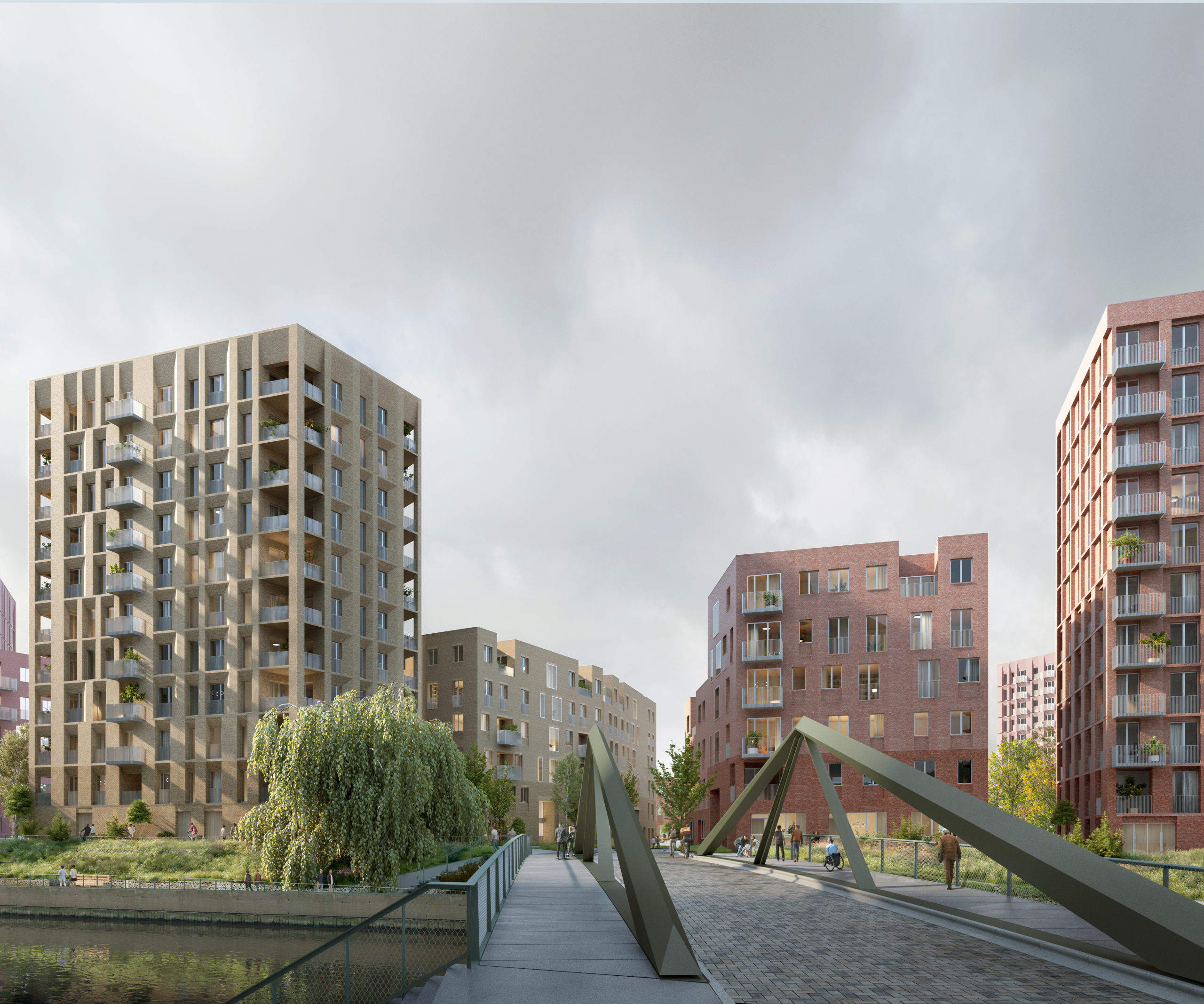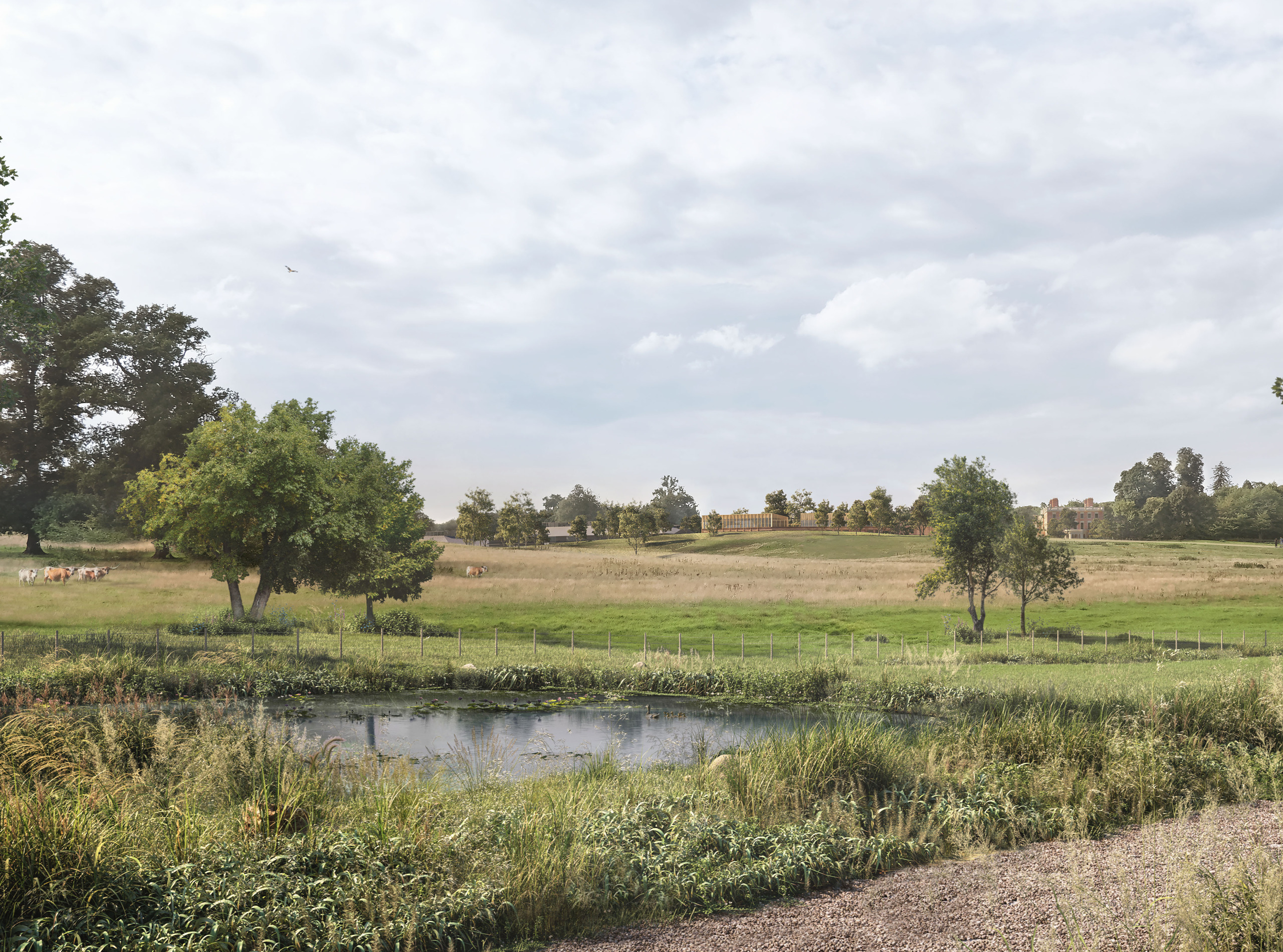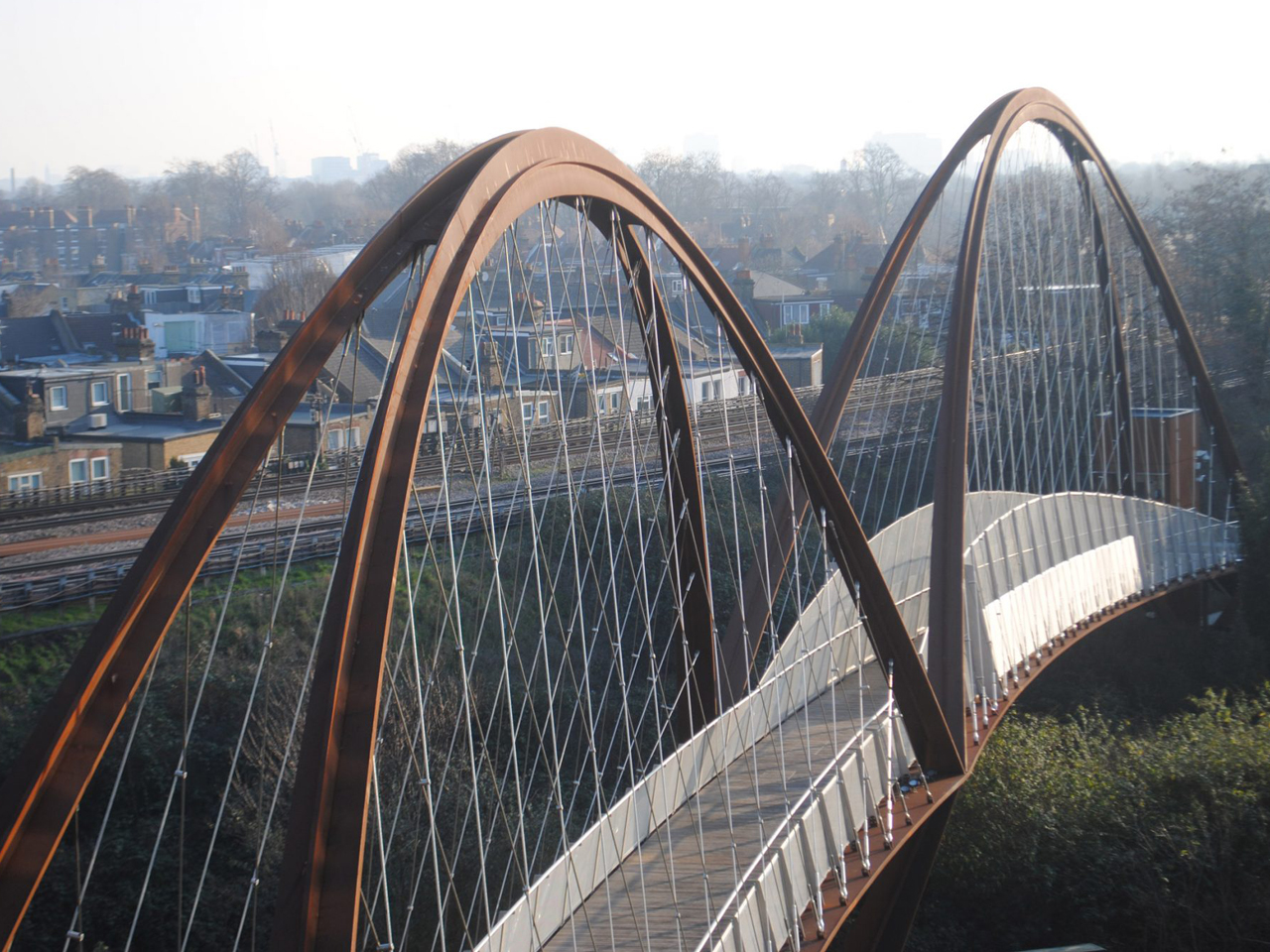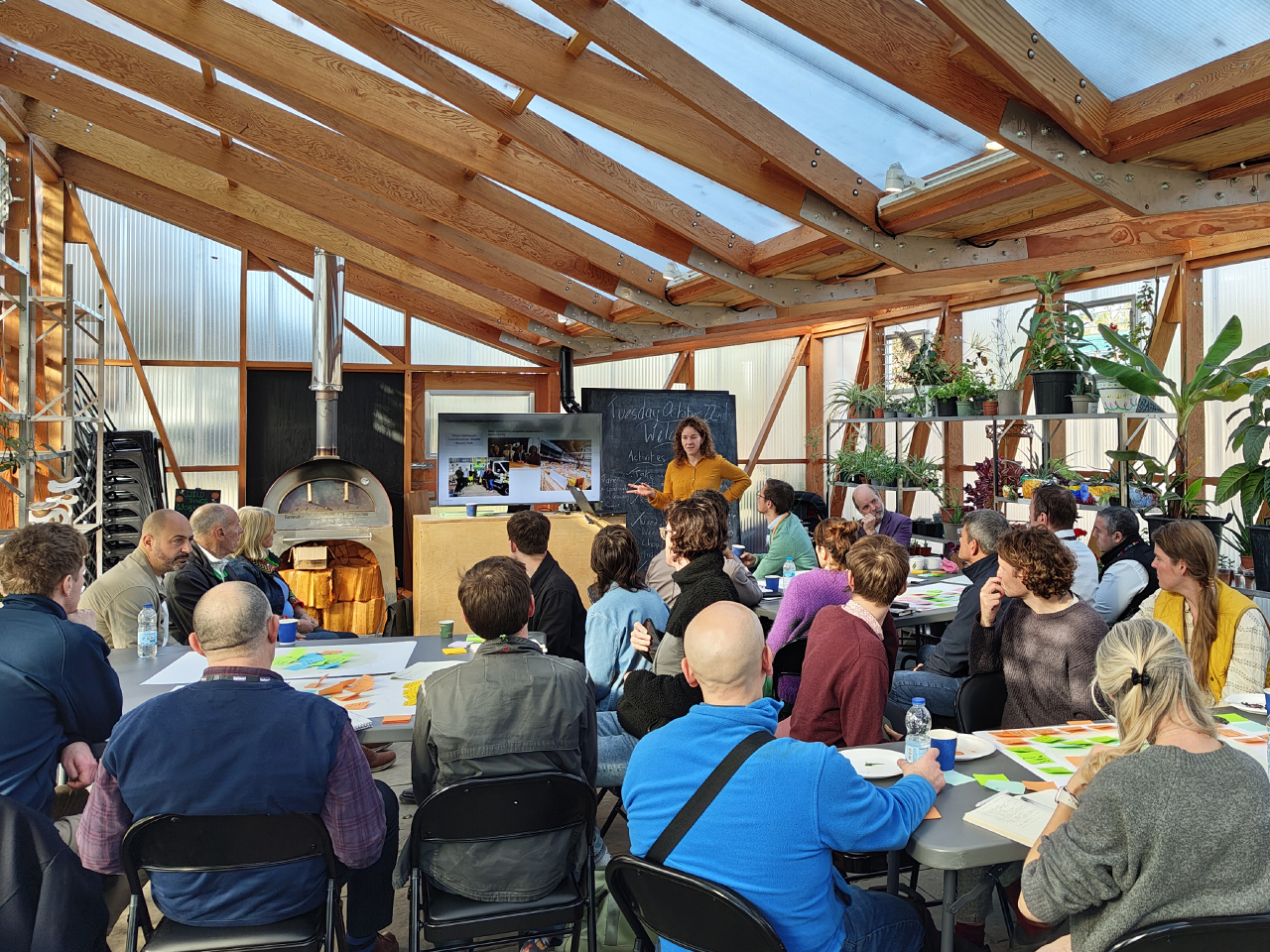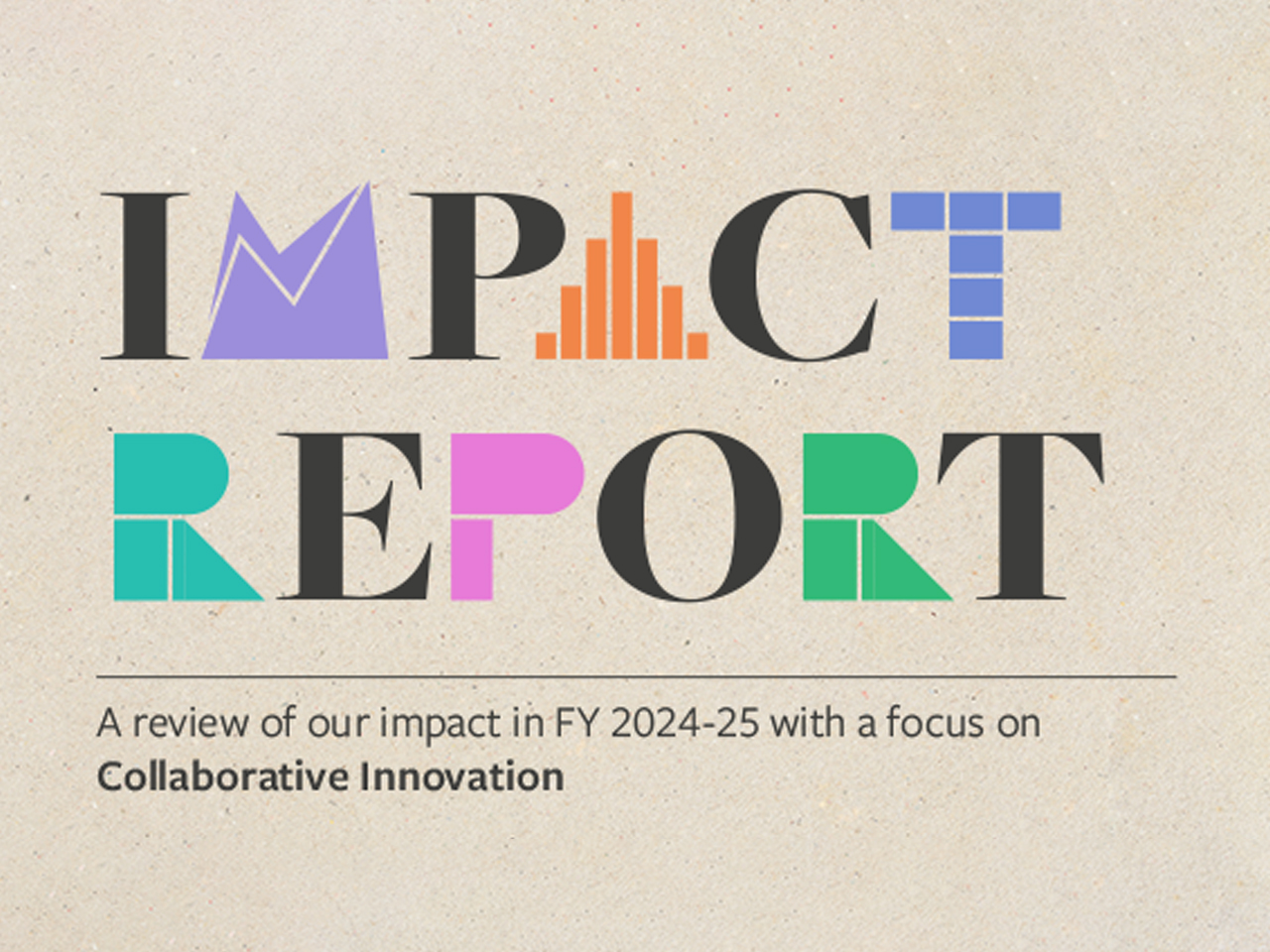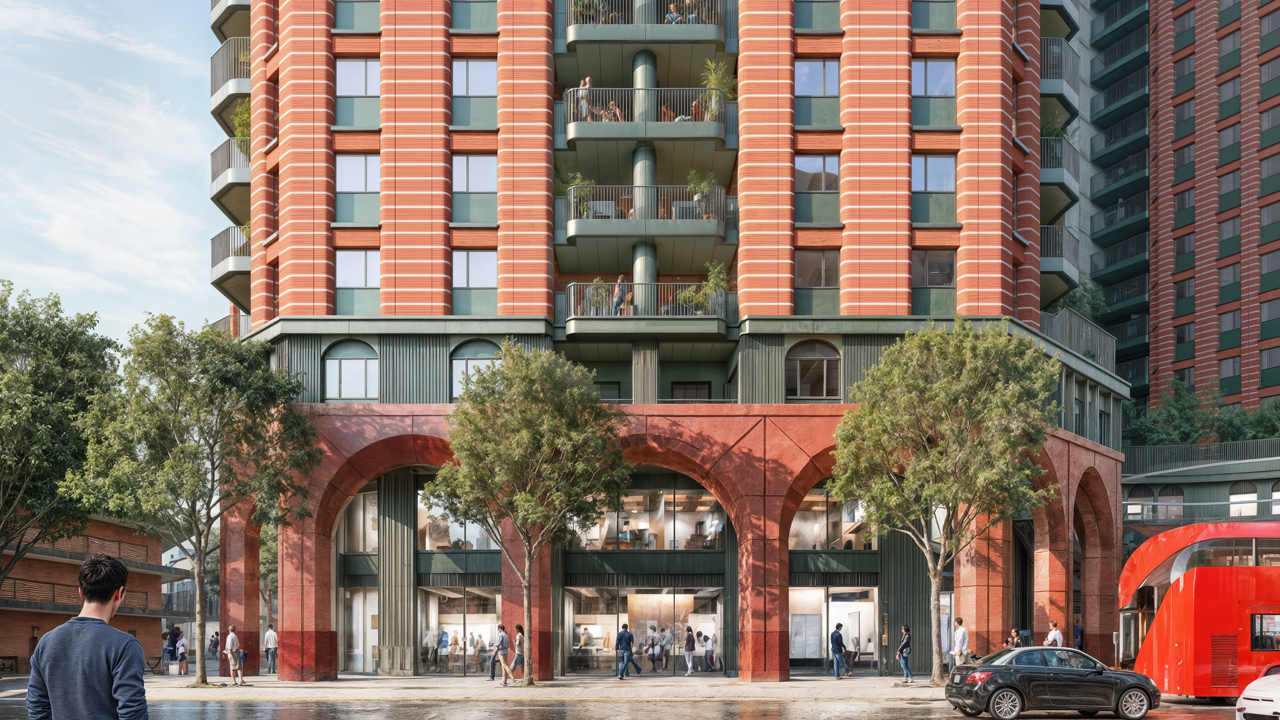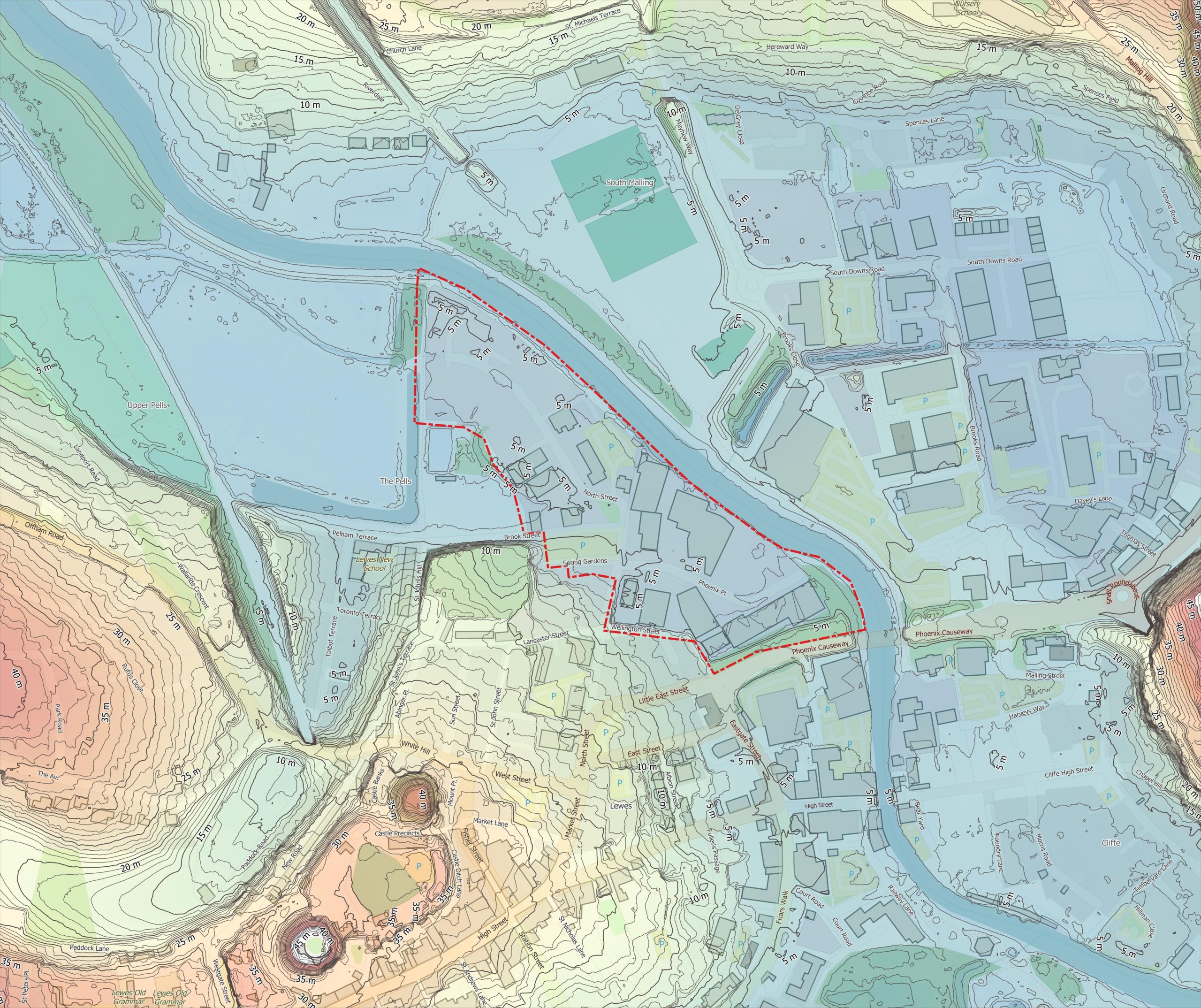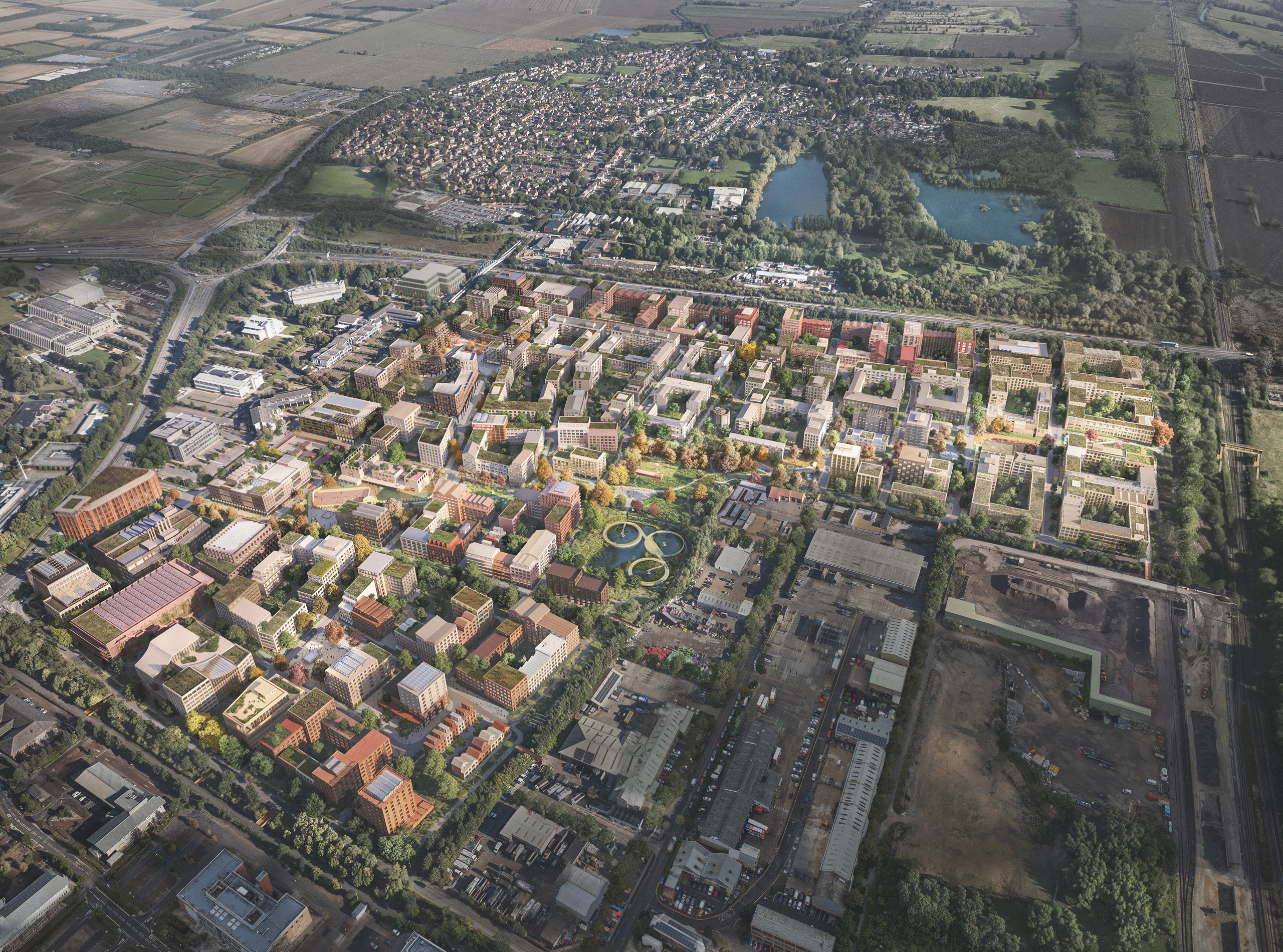East London Waterworks Park
Lea Valley, London
Expedition was commissioned to carry out an engineering feasibility study for the community-led transformation of the former Thames Water Depot in Lea Valley, on the border of Hackney and Waltham Forest. The proposal comprises a vibrant new public park with natural swimming ponds within the 5.6-ha brownfield site, incorporating a range of biodiverse ecological habitats, educational facilities, and visitor accommodation in the existing 1850s buildings.
The East London Waterworks Parks (ELWP) charity aim to purchase and unlock transformation of a former Victorian filter bed works and now Thames Water Depot brownfield site in the Lea Valley. As Metropolitan Open Land, its only credible future is one involving minimal development and open public access, reconnecting the marshes and nature reserves of the Lower Lea Valley. Following this remit, the proposal aims to establish the first public swimming ponds in the UK to be cleaned naturally by reeds and aquatic plants, alongside community spaces and a forest school.
The charity’s approach puts environmental sustainability and regenerative design at its heart; themes that align strongly with Expedition’s own aspirations. Working closely with ELWP, we carried out an engineering feasibility study to revitalise the site and enhance its ecological function as a key part of the river valley.
Through a series of workshops conducted over a six-month period in early 2022, our baseline analysis workshop examined key engineering issues, including historic contamination and flood risk to assess the site’s constraints and opportunities. This is further to establishing a series of strategies which were tailored to the project’s early stage and charity budget.
Our report summarised considerations and outlined how natural swimming pools might be created; proposing a strategy for integrating a sustainable drainage system with the river corridor, examining ground conditions, how contamination could be addressed, setting out a zero carbon and energy strategy, and identifying opportunities for implementing a circular economy.
A particular aspiration for the project was to minimise its water footprint and pressure on water resources, particularly in the context of local water demand. We addressed this by establishing key principles for how a sustainable water strategy might work on site, including stormwater harvesting and reuse, introduction of raingardens, swales, and regenerative reed beds for water treatment. This was in addition to the potential use of smart technology to actively manage the water system and the creation of constructed wetlands to remediate some of the contaminated groundwater.
The project also aims to reuse and remediate most of the scheme’s excavation materials and ensure that export to landfill is kept below 10%. Ground contamination is a significant risk to the project, and we set out a strategy for dealing with it.
Image gallery
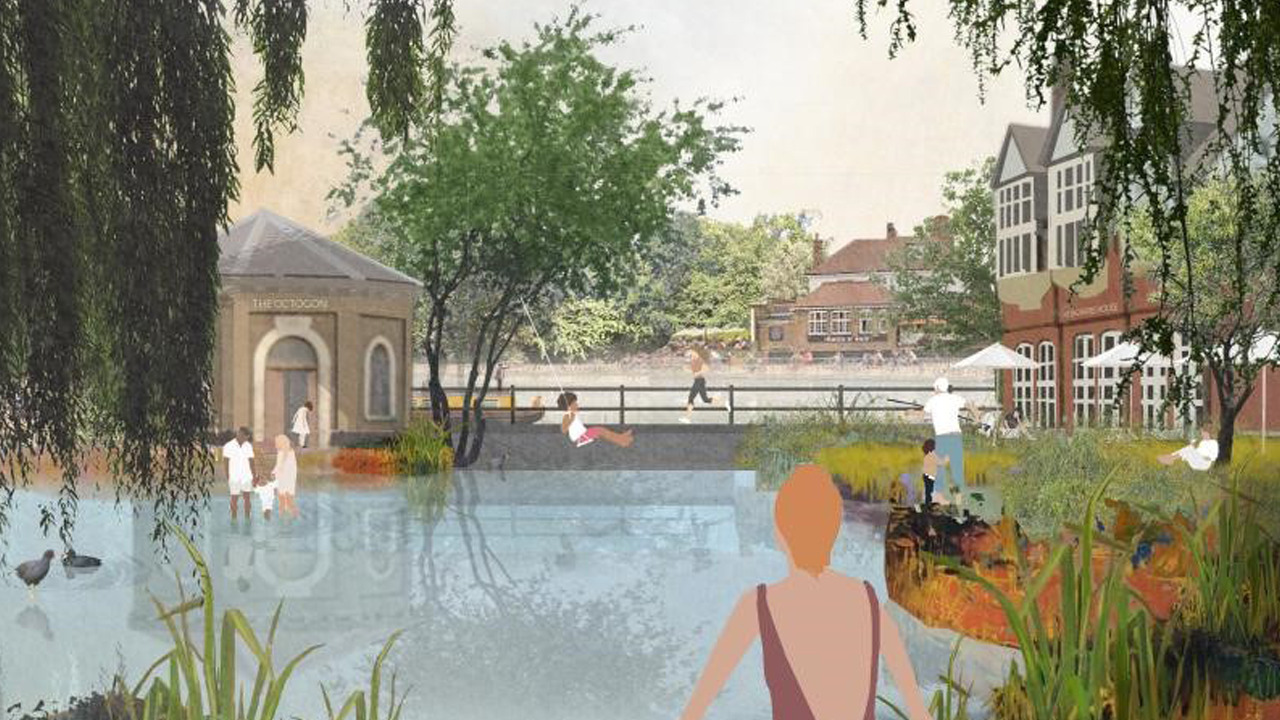
Testimonial
Key People
"Expedition was recommended to us and we loved working with Fred and Alex. The pre-feasibility workshops walked us through key aspects of our project step-by-step, providing us with plenty of opportunity to ask questions and clarify our thinking as we went. The final report has also been a useful tool to help us sell our ideas."
Abigail Woodman
Chair of East London Waterworks Park
